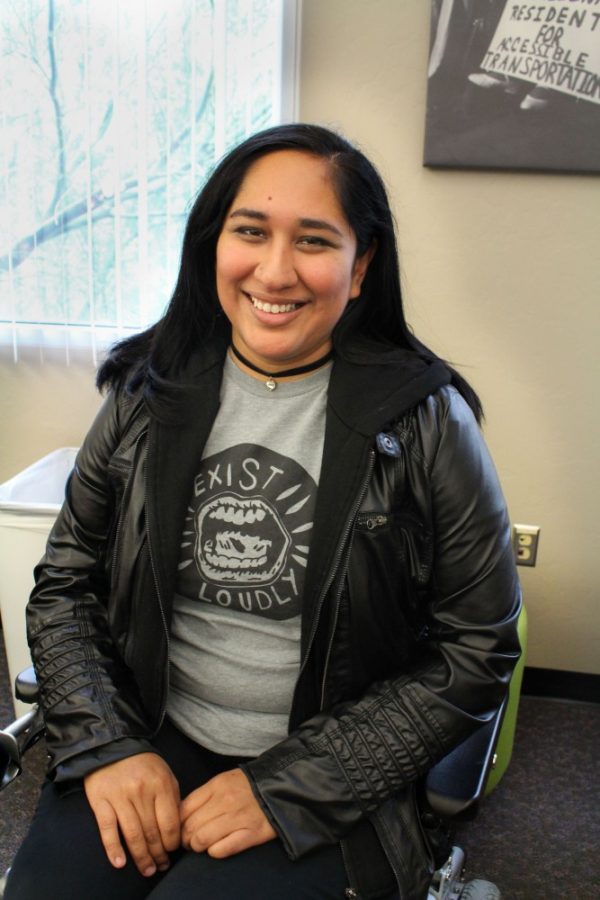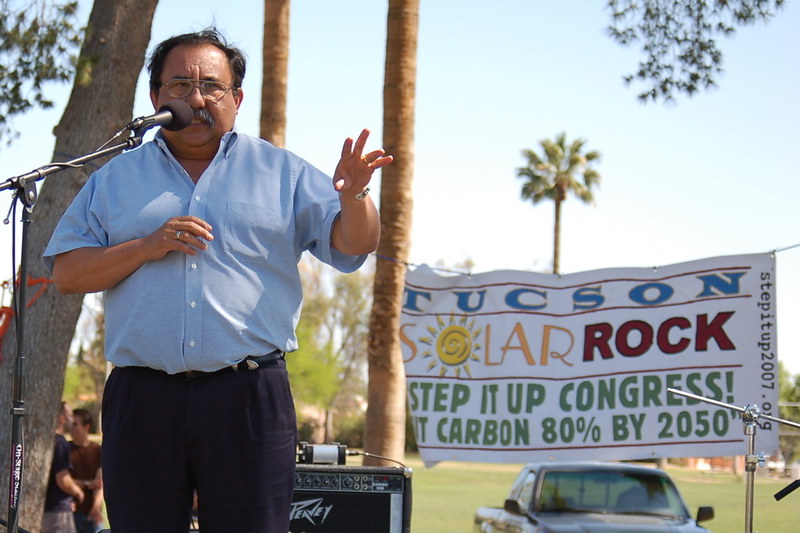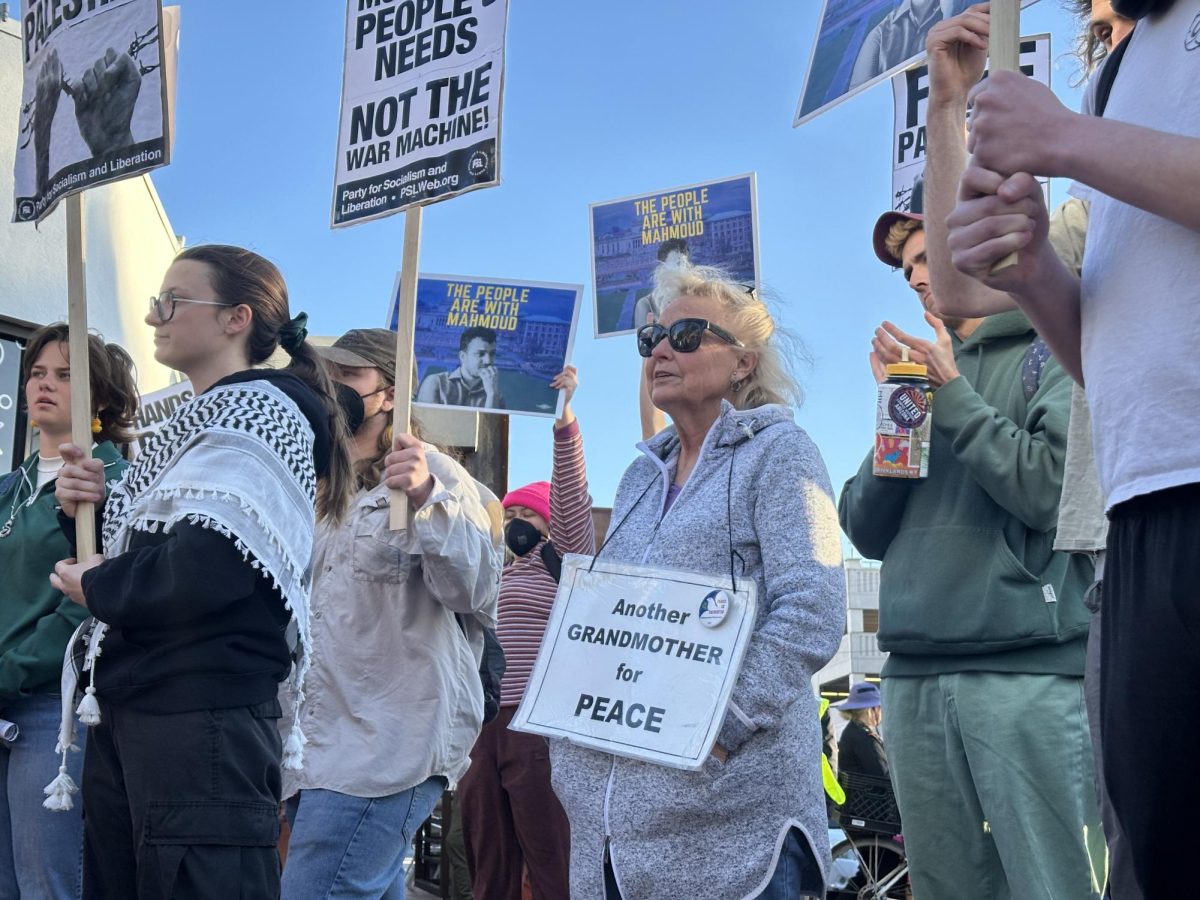The Disability Resource Center invited Annie Segarra, also known as Annie Elainey, a content creator and activist, to a monthly lunch event hosted by the Adalberto and Ana Guerrero Student Center on Feb. 21 on Thursday at DRC.
The Guerrero Student Center supports the Latinx community on campus. Both cultural centers planned to hold events with Segarra in the afternoon, starting the lunch event called Aromas, or abuelas reaching out to mentor y apapachar students.
Segarra shared her experience as a Latina, LGBTQ and disabled person on YouTube as “self-expression as well as a form of education and awareness by the people.”
Segarra attended Aromas before she gave a keynote speech about intersectionality and accessibility of activities, including feminism and LGBTQ.
“Very quick example of that is like after I became a wheelchair user, my favorite gay bar in my city is no longer accessible to me,” she said. “Because their best dance floor is on the second floor, and they don’t have an elevator, so there is no way for me to get there.”
Segarra said the number of accessible places for disabled people has not increased in her town, even though she has spoken up for years.
“My message is always just consider people who hold place within several diverse communities and be considerate of disabled activists, disabled people and their oppressions as well as how you can participate in order to create a more accessible environment for other people,” Segarra said.
Toni Saia, a program coordinator of the Disability Cultural Center, said they decided to collaborate because Segarra has an intersectional background as a disabled, queer, Latinx woman. She advocates for causes that represent both the DRC and Guerrero Student Center.
“I think the goal of cultural center work across campus is to collaborate and create safe and welcoming spaces for all students,” Saia said. “There are students from all walks of life that experience different identities, different cultures, different experiences that may benefit from having joined events … so this might be a good place where they feel comfortable.”
Saia said cultural centers should provide a space to share experience and build communities for students.
Andra Soria, a coordinator for the Guerrero Student Center, agreed.
According to Soria, Aromas is the most popular event by Guerrero Student Center and has served food and connected students for over 15 years.
For Aromas, abuelas, grandmothers in Spanish, in the Tucson community cook homemade meal for students every third Thursday of the month at the Cesar Chavez building at 12-1:30 p.m.
Many of the abuelas are UA alumni and who are ready to give advice if students need it.
“The goal of the program is to make students feel like they have at home with their family on campus, because a lot of them are far away from their family and far away from their home,” Soria said.
Jorge Mendoza, a mathematics student who has participated in Aromas for years, said Aromas is for marginalized communities on campus and welcomes everyone.
He said he has enjoyed attending the event to have conversations with friends who are closer to his identity. The cultural centers have provided a safe place where he can be himself, Mendoza said.
Follow Nagisa Tsukada on Twitter









